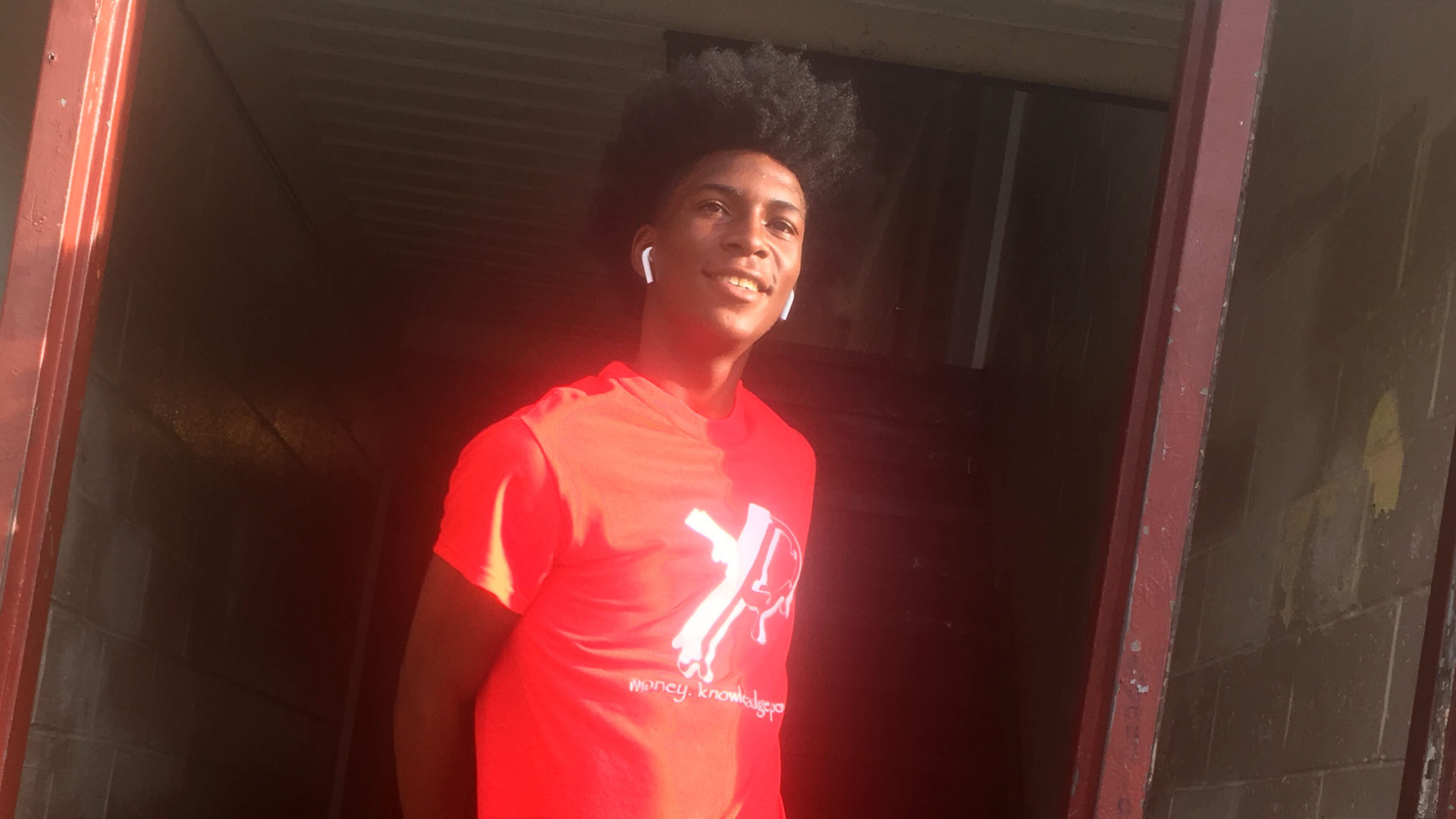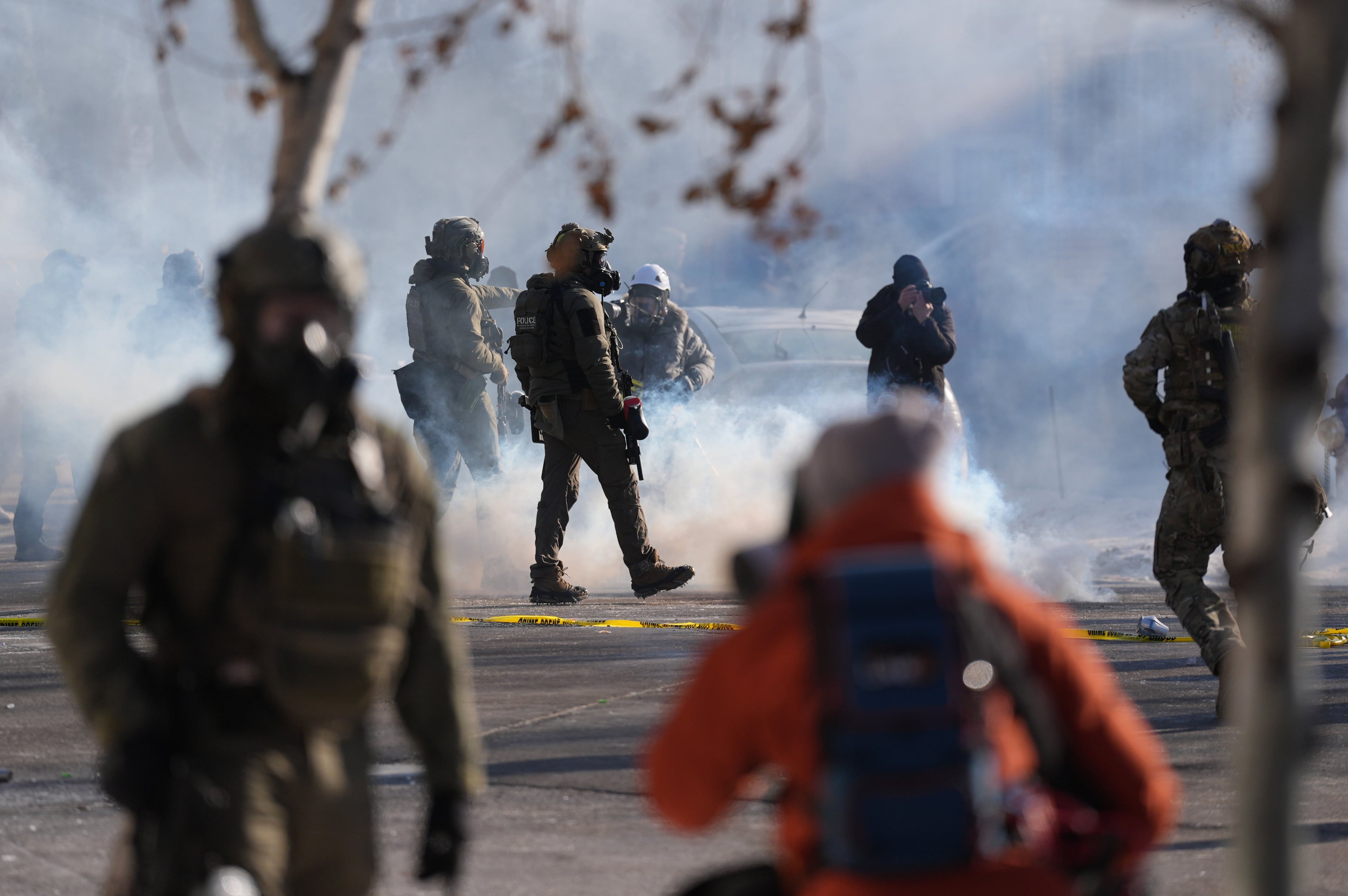Man who killed ‘water boy’ over $10 takes plea deal, gets 30 years

Nearly four years ago, 18-year-old Jalanni Pless was killed over $10.
On June 27, 2020 Jalanni was gunned down while selling water bottles to passing motorists in Midtown. He was trying to make some extra cash, his mother said.
An argument with another teenaged “water boy” led to the shooting, Meka Pless told The Atlanta Journal-Constitution. The other teen was angry that her son and his friends were selling water on what they considered their turf, she said.
This week, the gunman who took her son’s life pleaded guilty to voluntary manslaughter and possession of a firearm during the commission of a felony, Fulton County court documents show. Terrell Anderson, now 19, was sentenced to 30 years in prison.
Anderson’s trial on murder and aggravated assault charges had been scheduled to begin this week, and he had previously rejected a plea deal. In addition to pleading guilty to killing Jalanni, Anderson also pleaded guilty to an obstruction charge for an incident while behind bars, court records show.
Anderson, who turns 20 this month, was sentenced as a first offender and will be given credit for the time he has already served.
“I’m glad it’s over,” Meka Pless told The AJC. “I’m not OK with voluntary manslaughter because he took my son’s life. The only thing good is that I don’t have to sit through a trial and relive it over and over.”
Jalanni’s shooting was one of 144 homicides the Atlanta Police Department investigated in 2020. The deadly tally was the highest since 2003, when there were 148 homicides, records show. In 2021, the number of homicides in the city climbed again.

Months after her son’s death, Pless said she didn’t want another family to endure the pain of losing a child to senseless crime. She wants her son to be remembered as more than a “water boy” as the sellers have become known, killed during a violent year in Atlanta.
On that Saturday morning in June, Pless questioned why Jalanni planned to go sell water. He had just gotten a paycheck from his full-time job working at a warehouse on Fulton Industrial Boulevard.
But Jalanni had his eye on a white Dodge Charger and needed money for a down payment. He planned to go with friends to sell waters and return later for dinner.
Shortly after he left, Jalanni called his mother.
“I got a feeling something’s not right,” he said.
Pless told him to come back home, but Jalanni had just purchased water and Gatorade at a grocery store for resale.
“We talked for two minutes and that was the last time I heard from my child,” she said.
After being shot, Jalanni was able to run into a nearby parking garage, where he died from his injuries. Pless still has the ripped $10 bill that was in her son’s wallet when he was killed.
Just weeks after Jalanni’s death, a driver was shot twice following a dispute with a group of juveniles selling bottled water in Atlanta, police said. Since then, the city has vowed to crack down on kids selling waters and instead finding alternative ways for them to earn money.
Mayor Andre Dickens “year of the youth” program has helped provide jobs for many teenagers during the summer months.
“We’re paying them to be a part of a program where they can make money and learn while they earn,” Dickens previously said.
It wasn’t until after her son’s death, when she started to look through Jalanni’s personal items, that Pless learned he had been applying to technical colleges.
Jalanni had planned to turn his love of cars into a career, but he hadn’t told his mom. He wanted to surprise her.


